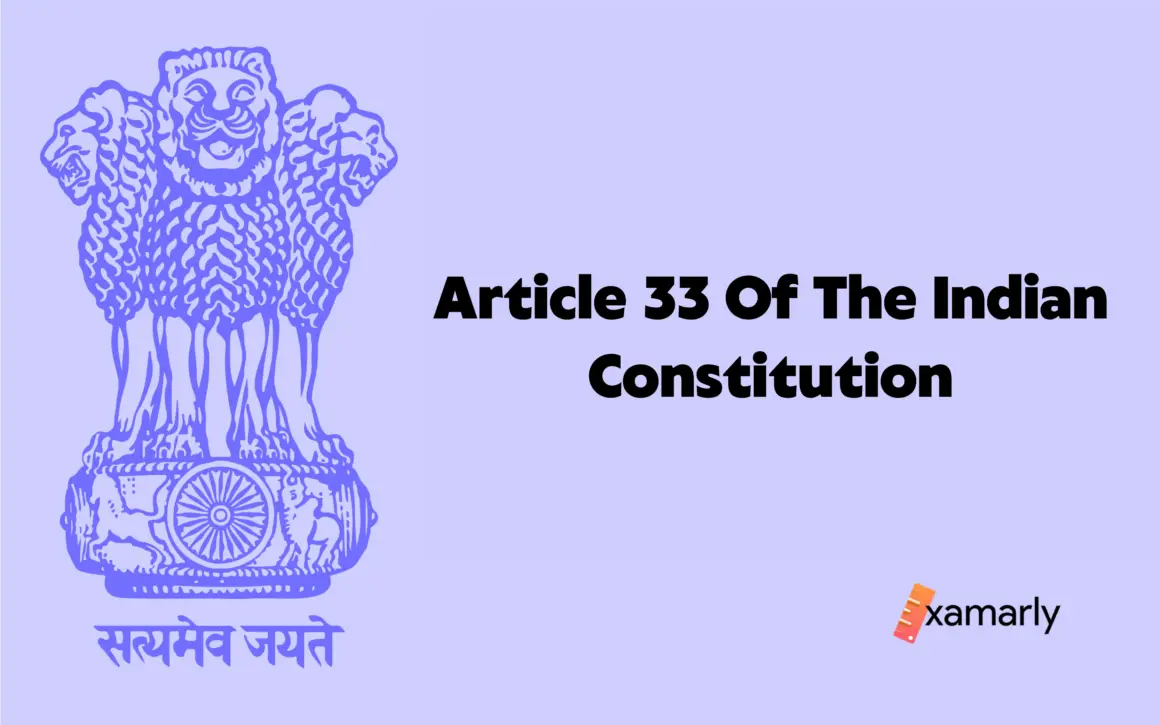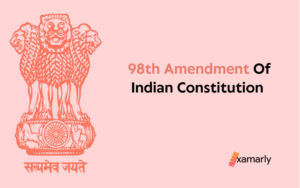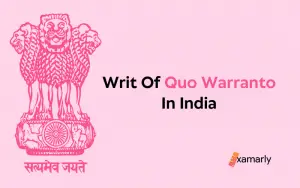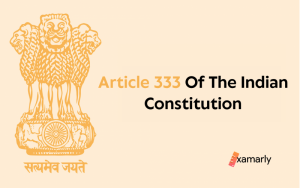Article 33 of the Indian Constitution deals with the fundamental rights of citizens. While it grants such rights to all citizens, it also provides some exceptions for certain working class of people. For example, people charged with maintaining public order are not allowed to exercise all of their fundamental rights. Instead, parliament is empowered to determine which of these rights these people may not use. Further, the constitution gives the armed forces certain limitations and restrictions on their fundamental rights, to maintain discipline among the armed forces.
What Does Article 33 of the Indian Constitution State?
Under the Article 33 of the Indian Constitution, the fundamental rights of “Members of the Armed Groups,” paramilitary forces, police organizations, counter intelligence agencies, and comparable forces may be restricted or eliminated.
Provisions of Article 33
Parliament may, by law, determine to what extent any of the rights conferred by this Part shall, in their application to forces-
(a) the members of the Armed Forces; or
(b) the members of the Forces charged with the maintenance of public order; or
(c) persons employed in any bureau or other organization established by the State for purposes of intelligence or counterintelligence; or
(d) the person employed in, or in connection with, the telecommunication systems set up for any Force, bureau, or organization referred to in clauses (a) to (c),
be restricted or abrogated to ensure the proper discharge of their duties and the maintenance of discipline among them.
Features Of Article 33 Of the Indian Constitution
- This rule is intended to ensure that they carry out their duties effectively and uphold discipline within the group.
- Article 33 grants legislative authority to Parliament alone, not to state legislatures.
- Any measure or act passed by Parliament that infringes on one or more basic rights cannot be legally challenged.
- The term “members of the armed forces” includes non-combatants who work for the military, such as barbers, carpenters, mechanics, cooks, chowkidars, bootmakers, and tailors.
Restrictions Under Article 33
- A select limited basic rights, as outlined in Articles 14, 15, and 19 of the Constitution, have been restricted by the Armed Forces.
- It is not admissible to contest the provisions of these special acts (Army Act, Air Force Act, or Navy Act) on the basis that they infringe upon fundamental rights. This is so because, in accordance with Article 33 of the Indian Constitution, these acts were legislation that Parliament had legitimately passed while acting as its complete legislative authority.
- These rights have been withheld in relation to members of the police and paramilitary forces, people working for intelligence or counterintelligence agencies, and communication networks set up for the aforementioned organizations, in addition to the three branches of the armed forces.
- The Central Government has restricted the freedoms of speech and expression, assembly, and the formation of organizations and unions guaranteed by Article 19 of the Constitution by using its rule-making authority under the Army Act of 1950 (as well as the Air Force Act).
- Regarding the Navy, this was accomplished by Parliament in accordance with Section 12 of the Navy Act.
- These rights may be restricted, according to the Supreme Court, even for military personnel who serve in non-combat capacities.
The Amendment Is Related To
Article 33 is related to the fundamental rights given to the country’s armed forces as parliament has restricted the fundamental rights of those who serve in the military services and those who are tasked with keeping the peace, but this does not imply that army personnel is not entitled to constitutional rights.
Reasons for Restricting Fundamental Rights of the Armed Forces
- The Parliament established these limitations after taking into account their crucial role in carrying out their obligations to safeguard our nation’s sovereignty and integrity, maintain the peace, and encourage discipline among themselves.
- This is done because some constitutional rights, such as the freedom of speech and the right to establish unions on a different basis, could make it more difficult for them to carry out their tasks in an effective, unbiased, and effective manner.
Summing Up
To ensure the fulfillment of the duties and the upkeep of discipline, it allows Parliament the authority to restrict or eliminate the constitutional rights and human rights of members of the armed services, paramilitary forces, police forces, intelligence organizations, and others (including non-combatants). According to Article 19, only Parliament has the power to enact legislation that would give effect to these rights; this legislation cannot be challenged on the grounds that one of the fundamental rights has been violated.
Why does Article 33 restricts some fundamental rights of people related to armed forces?
It does so because some constitutional rights, such as the freedom of speech and the right to establish unions on a different basis, could make it more difficult for them to carry out their tasks in an effective, unbiased, and effective manner.
Who all specifically fall under the deprivation of rights under Article 33?
These rights have been withheld in relation to members of the police and paramilitary forces, people working for intelligence or counterintelligence agencies, and communication networks set up for the aforementioned organizations, in addition to the three branches of the armed forces.






